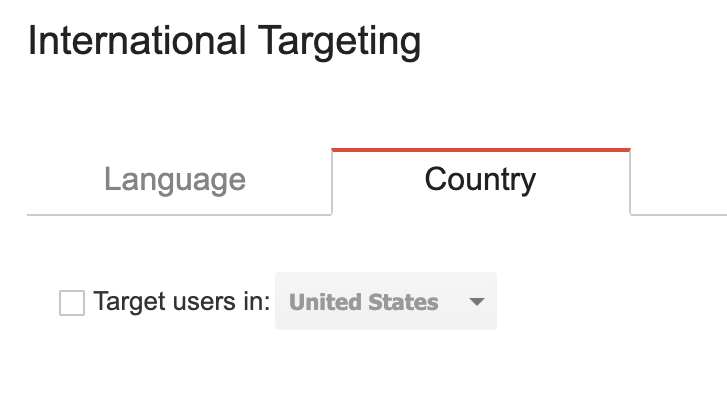Search Engine Optimization & Marketing
International SEO: Expanding Your Website’s Reach Across Borders

International SEO is a crucial aspect of Search Engine Optimization (SEO) that focuses on optimizing websites to target global audiences and expand their reach across borders. With the increasing globalization of businesses, it is essential to implement effective International SEO strategies to ensure maximum visibility and success in international markets. In this blog post, we will delve into the technical aspects of Internationalization SEO, its significance, and best practices for implementation.
When it comes to International SEO, there are several factors to consider in order to reach and engage with international audiences effectively. These factors include language, country targeting, hreflang tags, and localized content.
Benefits of Implementing Internationalization SEO:
Improved Visibility in International Search Results:
By optimizing your website for international audiences, you can increase its visibility and rankings in search results specific to different countries and languages. This allows your website to be discovered by users searching in their native language and within their target locations.
Enhanced User Experience:
International SEO ensures that users accessing your website from different countries and languages have a seamless and personalized experience. This includes providing localized content, proper language and currency selection, and adhering to cultural sensitivities. A positive user experience leads to increased engagement, higher conversion rates, and brand loyalty.
Targeted Traffic and Increased Conversions:
By targeting specific countries and languages through Internationalization SEO, you can attract relevant traffic and improve the chances of converting visitors into customers. By offering localized content, tailored promotions, and localized payment options, you can build trust and credibility with your international audience.
Best practices to implement Internationalization SEO effectively:
Language and Country Targeting:
Implement language and country targeting on your website using techniques such as hreflang tags and geolocation. This helps search engines understand the languages and countries your website is intended for, ensuring that it appears in the relevant search results.

Localized Content:
Create high-quality, localized content that resonates with your target audience in different countries. This includes translating your website content accurately, adapting it to local customs and preferences, and incorporating localized keywords for better search engine visibility.
Hreflang Tags:
Use hreflang tags to indicate the language and country targeting of your web pages. These tags provide search engines with clear signals about the intended audience for each page, helping them deliver the appropriate content to users in different regions.

International SEO Audit:
Conduct regular audits of your international SEO efforts to identify any issues or areas for improvement. This includes checking for proper implementation of hreflang tags, monitoring website performance in different countries, and analyzing user behavior and engagement metrics.
Conclusion
International SEO is crucial for expanding your website’s reach and targeting global audiences effectively. By implementing best practices such as language and country targeting, localized content, and hreflang tags, you can optimize your website for international markets, improve visibility in search results, enhance user experience, and drive targeted traffic and conversions. Embracing Internationalization SEO allows businesses to tap into new markets, gain a competitive edge, and achieve success in the global online landscape.
